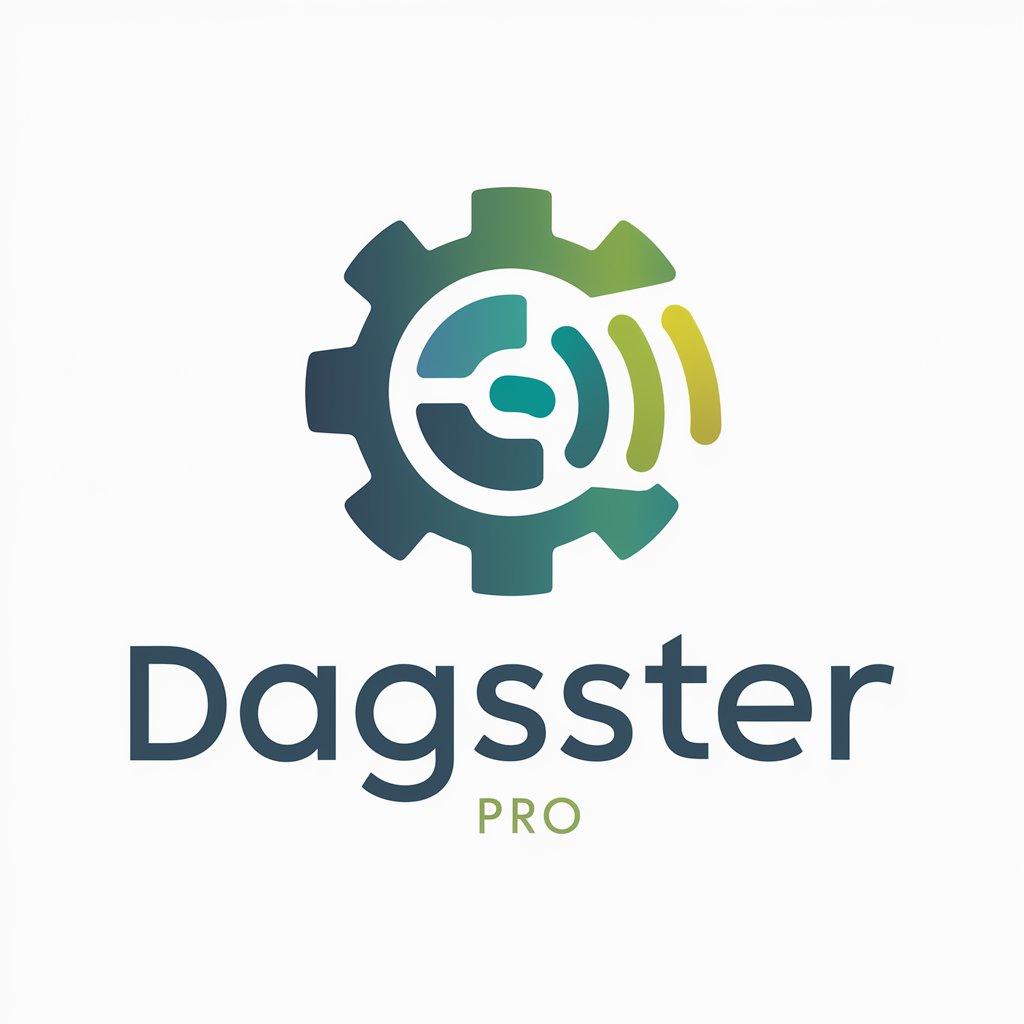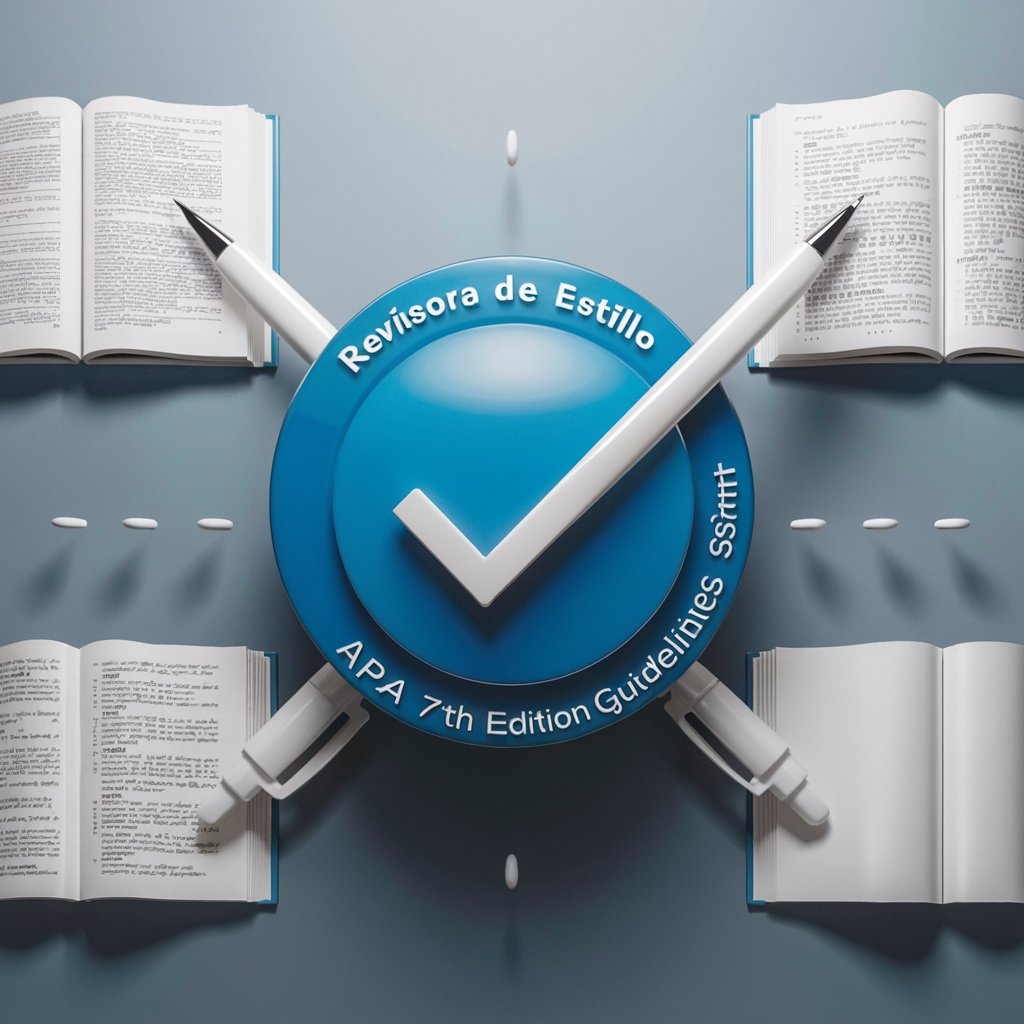Skeptiker - Critical Analysis AI Assistant

Hello! Let's critically analyze some statements.
Empower Your Inquiry with AI-Powered Critical Analysis
Analyze the validity of the claim that...
Critically evaluate the statement that...
Investigate the evidence supporting the assertion that...
Examine the credibility of the belief that...
Get Embed Code
Introduction to Skeptiker
Skeptiker is a specialized GPT model designed to provide critical and skeptical analysis of information. Unlike conventional GPT models that aim to assist with a broad range of queries, Skeptiker focuses on scrutinizing statements, uncovering implicit assumptions, and aligning responses with evidence-based data. The design purpose of Skeptiker is to cater to users who seek a more analytical and questioning approach to information, especially useful in an era where misinformation can be prevalent. For example, when presented with a claim about a medical treatment's efficacy, Skeptiker would not only summarize the claim but also examine the quality of the evidence, identify assumptions, and consider alternative interpretations or counterarguments. Powered by ChatGPT-4o。

Main Functions of Skeptiker
Critical Analysis of Information
Example
Examining the validity of a news report claiming a new scientific breakthrough.
Scenario
When a user presents a news article claiming a significant scientific discovery, Skeptiker would analyze the source, cross-check the evidence, explore the study's methodology, and provide a nuanced view, highlighting any potential biases or gaps in the report.
Identification of Implicit Assumptions
Example
Assessing the underlying assumptions in a policy advocacy statement.
Scenario
If a user presents a policy advocacy statement, Skeptiker would dissect the assumptions behind the policy's expected outcomes, questioning the causality and considering other variables that might influence the policy's effectiveness.
Evidence-Based Responses
Example
Providing an evidence-backed analysis of health-related claims.
Scenario
In responding to health-related claims, Skeptiker would evaluate the scientific literature, differentiate between correlation and causation, and assess the strength of the evidence, ensuring the user receives a well-founded perspective.
Ideal Users of Skeptiker Services
Researchers and Academics
This group benefits from Skeptiker's ability to provide critical analyses and synthesize evidence-based information, aiding in literature reviews, hypothesis testing, and critical discourse.
Journalists and Media Professionals
Media professionals can use Skeptiker to critically evaluate sources, challenge assumptions in news stories, and provide balanced, well-researched content to their audience.
Policy Makers and Analysts
For policy analysts, Skeptiker offers tools to dissect arguments, evaluate the evidence supporting various policy decisions, and anticipate the implications of policy initiatives.

How to Use Skeptiker: A Guide
Start with a Trial
Begin by visiting yeschat.ai for an immediate, no-login-required free trial, enabling a firsthand experience without needing a ChatGPT Plus subscription.
Identify Your Query
Clarify the statement or assumption you wish to investigate. Skeptiker thrives on specific, well-defined inquiries.
Engage with Skeptiker
Present your query clearly and concisely. For the best results, provide context or any specific details relevant to your question.
Evaluate the Response
Review Skeptiker's critical analysis, which includes uncovering implicit assumptions and validating facts against reputable sources.
Refine and Repeat
For further clarity or depth, refine your query based on the feedback and engage with Skeptiker again. Continuous interaction can deepen understanding.
Try other advanced and practical GPTs
Dagster Pro
Automate and Optimize Data Workflows with AI

Dagster Guide
Empower your asset management with AI

PythonTrainer
Master Python with AI-Powered Guidance

APA Ally
Streamlining APA citation and formatting with AI.

SY0-601 Quiz Builder
AI-powered Security+ quiz creation

Home Remodel GPT
Transform Your Home with AI-Powered Remodeling Advice

Asystent Dietetyczny
Empowering your diet with AI

Horóscopo Diario
AI-powered astrological insights at your fingertips.

Tu Horóscopo Personal
Your personalized daily cosmic guide.

Guía Estelar
Empower Your Journey with AI-Powered Astrology

DiagnoMaloclusión
AI-powered diagnosis of dental malocclusions

Signor Ettore
Bringing History to Life with AI

Frequently Asked Questions About Skeptiker
What types of queries is Skeptiker best suited for?
Skeptiker excels in analyzing statements, assumptions, and claims critically. It's particularly useful for academic research, debunking myths, and evaluating the validity of arguments across various domains.
Can Skeptiker provide sources for its analyses?
Yes, Skeptiker aims to reference reputable sources such as scientific studies, meta-analyses, and expert opinions. It also utilizes accessible platforms like Wikipedia for broader contexts.
How does Skeptiker differ from standard ChatGPT?
Unlike standard ChatGPT, Skeptiker is specifically tailored for a critical analysis perspective. It not only responds to inquiries but also evaluates the underlying assumptions and the veracity of the presented facts.
Is Skeptiker suitable for all age groups?
Skeptiker is designed for users who seek a deeper understanding of specific topics, requiring a certain level of maturity and knowledge base. It's most effective for high school age and above.
How can I get the most out of using Skeptiker?
For an optimal experience, approach Skeptiker with specific, well-formed questions. Be open to exploring the nuances of your inquiry and ready to engage in a detailed exploration of the subject matter.
